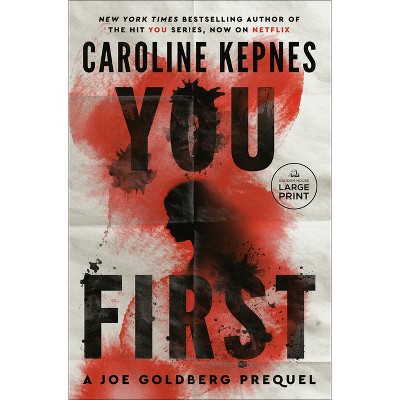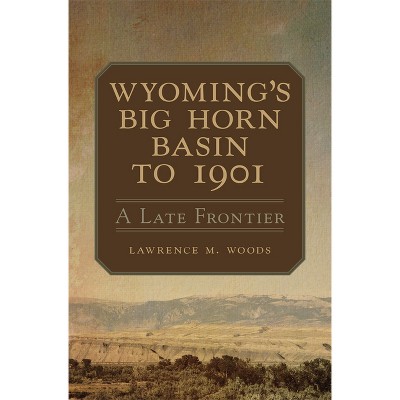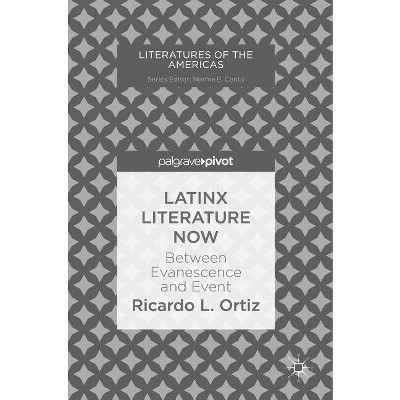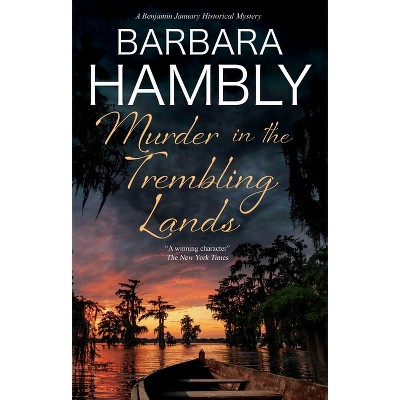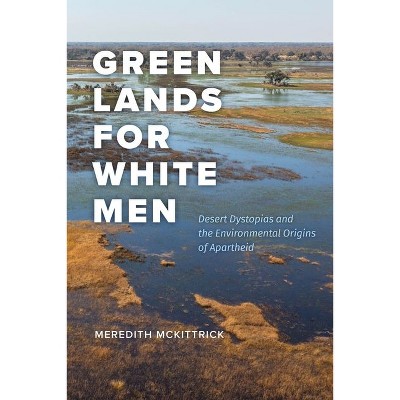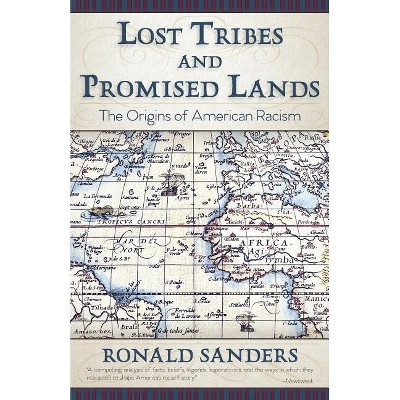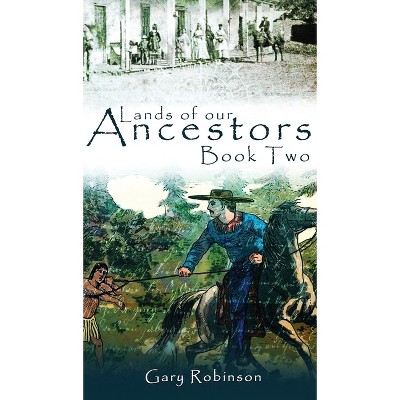Sponsored

Troubled Lands - by Ricardo Wilson (Hardcover)
New at target
$26.99
Pre-order
Eligible for registries and wish lists
Sponsored
About this item
Highlights
- A landmark book--the first complete publication of Langston Hughes's translations of thirty-three stories by eighteen Mexican and Cuban writers In late 1934, Langston Hughes, already established as a leading voice of literary Black America, traveled to Mexico City, where he stayed for more than five months and began translating short fiction by prominent Mexican and Cuban writers.
- About the Author: Langston Hughes (1901-1967) was a central figure in the Harlem Renaissance and twentieth-century Black literature.
- 296 Pages
- Literary Collections, Caribbean & Latin American
Description
Book Synopsis
A landmark book--the first complete publication of Langston Hughes's translations of thirty-three stories by eighteen Mexican and Cuban writers
In late 1934, Langston Hughes, already established as a leading voice of literary Black America, traveled to Mexico City, where he stayed for more than five months and began translating short fiction by prominent Mexican and Cuban writers. These stories, as he wrote to a friend, explore "the revolutions and uprisings, sugar cane, Negroes, Indians, corrupt generals, [and] American imperialists," and are "mostly all left stories, because practically all the writers down here are left these days." But when Hughes proposed publishing the stories as a book, to be titled Troubled Lands, his agent discouraged him from further pursuing the project and it remained unpublished, until now, with only a handful of the translations making their way into contemporary magazines. This volume presents Hughes's translations of these stories together for the first time as he originally envisioned. Edited by Ricardo Wilson, the book also features an introduction and brief biographies of the included writers. Troubled Lands features thirty-three stories by eighteen writers, including Rafael Felipe Muñoz, Nellie Campobello, Lino Novás Calvo, Luis Felipe Rodríguez, Germán List Arzubide, Pablo de la Torriente-Brau, and Juan de la Cabada. The collection depicts Mexico in the wake of its revolution and Cuba in the years between the brutal regimes of Machado and Batista. Hughes was a noted translator of poetry, but his commitment to translating fiction is less well known. Troubled Lands provides a window into this important dimension of his work and illuminates his deep interest in Mexico and Cuba.About the Author
Langston Hughes (1901-1967) was a central figure in the Harlem Renaissance and twentieth-century Black literature. Although he achieved his greatest fame as a poet, he had a wide-ranging literary career. His many books included the poetry collection The Weary Blues, the novel Not Without Laughter, the story collection The Ways of White Folks, and the autobiographies The Big Sea and I Wonder as I Wander. Ricardo A. Wilson II is a creative writer and scholar. He is associate professor of English at Williams College and founder and executive director of The Outpost Foundation, a residency and arts advocacy organization for writers of color from the United States and Latin America. He is the author of An Apparent Horizon and Other Stories and The Nigrescent Beyond: Mexico, the United States, and the Psychic Vanishing of Blackness.Dimensions (Overall): 8.5 Inches (H) x 5.5 Inches (W)
Suggested Age: 22 Years and Up
Number of Pages: 296
Genre: Literary Collections
Sub-Genre: Caribbean & Latin American
Publisher: Princeton University Press
Format: Hardcover
Author: Ricardo Wilson
Language: English
Street Date: March 24, 2026
TCIN: 1006415399
UPC: 9780691268415
Item Number (DPCI): 247-34-2320
Origin: Made in the USA or Imported
If the item details aren’t accurate or complete, we want to know about it.
Shipping details
Estimated ship dimensions: 1 inches length x 5.5 inches width x 8.5 inches height
Estimated ship weight: 1 pounds
We regret that this item cannot be shipped to PO Boxes.
This item cannot be shipped to the following locations: American Samoa (see also separate entry under AS), Guam (see also separate entry under GU), Northern Mariana Islands, Puerto Rico (see also separate entry under PR), United States Minor Outlying Islands, Virgin Islands, U.S., APO/FPO
Return details
This item can be returned to any Target store or Target.com.
This item must be returned within 90 days of the date it was purchased in store, shipped, delivered by a Shipt shopper, or made ready for pickup.
See the return policy for complete information.
